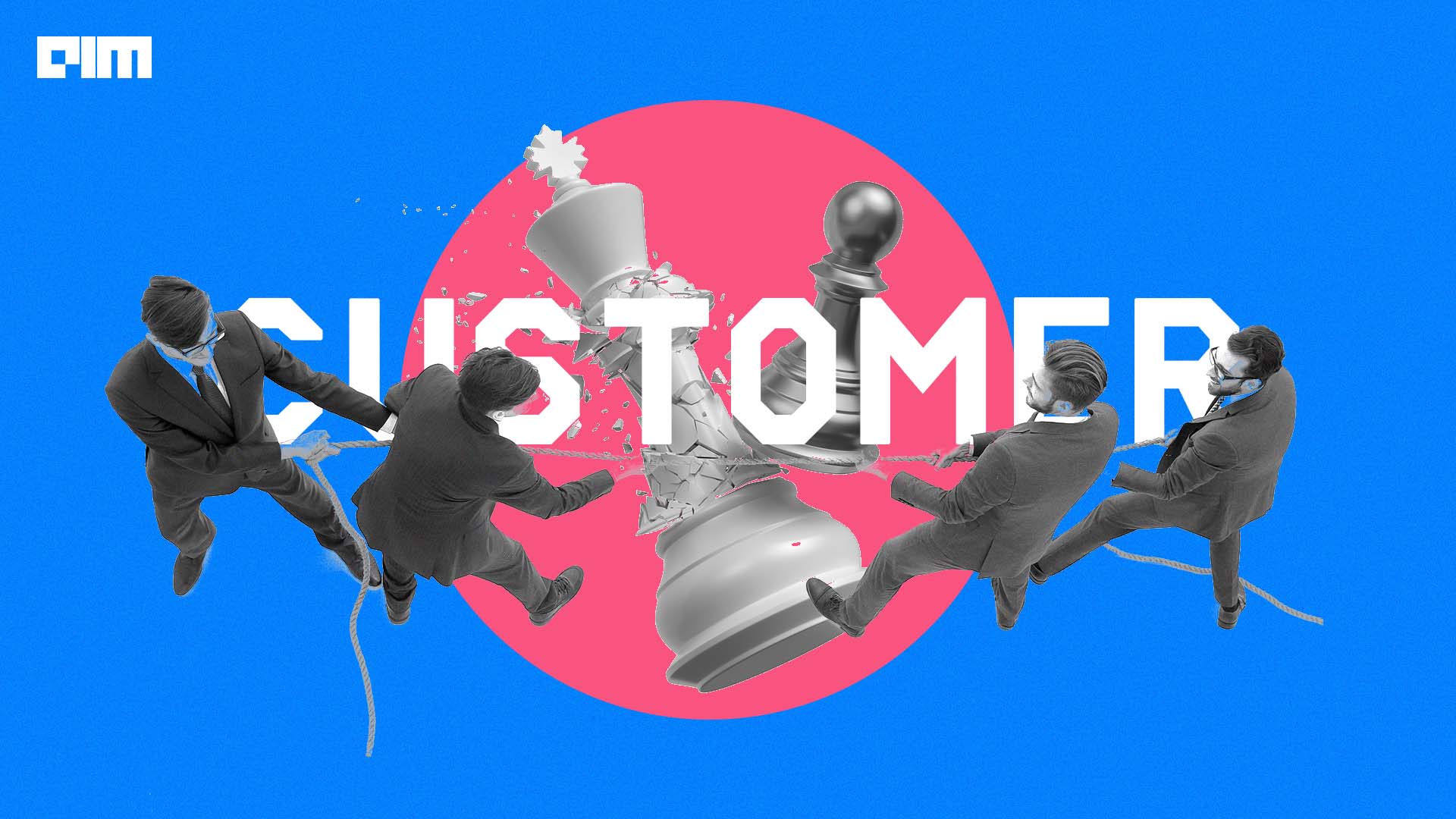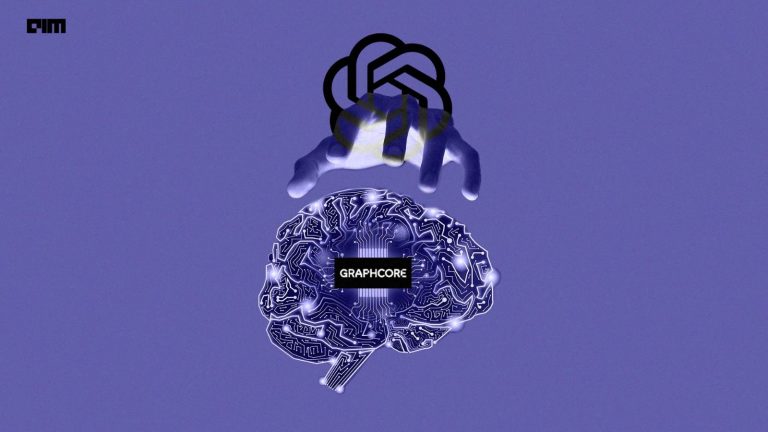|
Listen to this story
|
Competing with customers – the statement, although oxymoronic, is the state of the tech ecosystem today. It is hard to visualise a linear end-to-end tech value chain. There are always intermingling and jumps occurring in between. Be it in the area of semiconductors or the cloud, the logic of maximising profits and diversifying product portfolio for multiple revenue streams have made companies get into markets where their customers are.
The case of Arm
As per recent reports, chip designer Arm is making its own prototype semiconductor for mobile devices, laptops, and other electronics. This tops another report that Arm sought to increase prices and overhaul its business model by charging royalties to device-makers rather than some of its chipmaker customers.
Arm has traditionally been a company that sells IP to others and charges a licensing fee for it. But, in an annual report published last week, the company highlighted that a principal risk to its business was the “significant concentration” in its customer base – for example, Arm’s top 20 customers accounted for 86 percent of revenues last year.
On the outside, it looks unlikely that it would go ahead to produce its own chips, since Arm would want to upset its primary revenue contributors. However, given its desire to diversify its revenue streams, Arm may venture into a new market. “If Arm comes into this market, it has to be in high performance computing (HPC) or data centres because that market doesn’t have a lot of Arm players. On the other hand, the smartphone market is a very mature one for Arm to enter,” said Sravan Kundojjala, Principal Industry Analyst at TechInsights.
However, producing 5 nm or less data centre chips and scaling up the volume, as well as developing software support will come with a significant capital investment. And going by their quarterly results, the revenue seems to be barely catching up on the R&D spending required to keep up. Perhaps that is why the price increase. “But to what extent will it keep increasing the price? A sudden business model change may not resonate with smartphone OEMs who already feel burdened by the Qualcomm royalty,” said Kundojjala.
“There is also the custom silicon market that Arm can get into,” said Kundojjala. Companies like Broadcom and Marvell have a very significant custom silicon business. If Arm goes into custom silicon, they can also work with hyperscalers like Amazon, Google, Tencent, Microsoft, etc.
Coopetition is the game
But, this model of ‘compete and cooperate’ (in other words, coopetition) with your customers is not new, especially in the chip world. For example, Samsung buys the best-in-class chips from Qualcomm, and in return, Qualcomm gives some foundry business to Samsung. So, in the case of Samsung-Qualcomm, it was necessary and in the interest of both parties. Even Nvidia, for example, cooperates with Intel server CPUs because their GPUs have to work very closely with Intel x86 systems, but at the same time, they compete with Intel in AI and other segments.
On the other hand, companies like TSMC and ASML don’t tamper with any of their customers primarily because the barrier to entry is too high. For example, TSMC cannot make EUV tools. Likewise, ASML cannot pursue foundry. “In a way, sometimes you compete, sometimes you cooperate,” said Kundojjala.
Operating system makers like Microsoft licence Windows to other PC companies, while also producing its own PC products. Hence, it’s very common in the tech industry.
In recent times, this phenomenon is only getting amplified. According to a report by The Information, Microsoft has been developing its own AI chips since 2019, in order to reduce its dependence on Nvidia and avoid costly reliance on their products. With this, it will be joining other major cloud computing providers like GCP and AWS in developing its own chips for AI training and inference. All this while these platforms are also offering its competitor, Nvidia’s AI chips on the cloud.
Cloud is no exception
A survey of 535 IT professionals conducted by Spiceworks in 2018 found that only 47 percent of IT professionals were loyal to their cloud service providers (CSPs). The numbers are likely to be even low now. Perhaps because it’s easier for IT pros to switch from one cloud provider to another if a better deal comes along.
In the past five to seven years, cloud companies were limited in their server and database offerings, with a limited number of templates available. But, customers seek flexibility. A multi-cloud strategy gives customers new server templates allowing them to choose as per their needs, making it much cheaper.

















































































